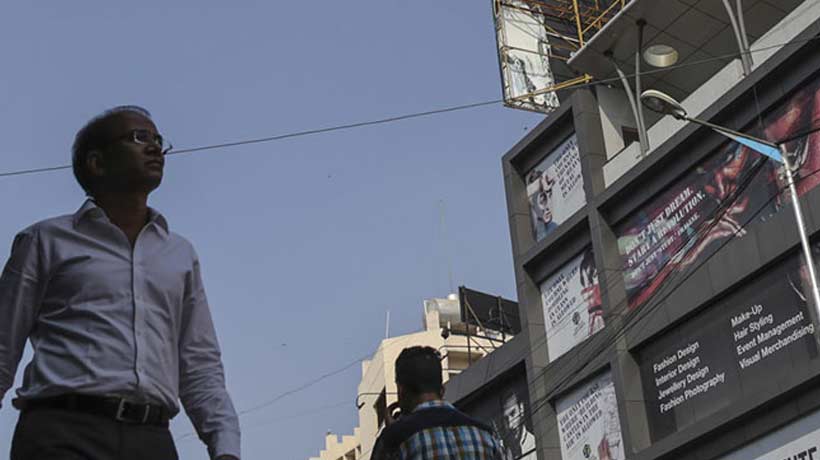Trending Now
- 830 voters names go missing in Kavundampalayam constituency
- If BJP comes to power we shall consider bringing back electoral bonds: Nirmala Sitaraman
- Monitoring at check posts between Kerala and TN intensified as bird flu gets virulent in Kerala
Business
With $207 Billion In Bad Loans, Banks Start Tougher Rules For Borrowers
![]() November 24, 2017
November 24, 2017
Lenders are stepping up efforts to have safeguards in place as they struggle to clean up $207 billion of stressed loans in the system.
Anurag Joshi, Anto Antony, Bloomberg
Roiled by high-profile corporate defaults, Indian lenders are tightening the screws on borrowers with stricter debt covenants and greater enforcement as the battle to curb delinquent loans intensifies.
Banks are asking for collateral that may amount to one-and-a-half times the value of the debt on new loans extended and are insisting on contracts that allow loans to be turned to equity if the account becomes stressed, said Prabal Banerjee, chief financial officer at Bajaj Group. Borrowers in telecom, thermal power and steel businesses are among those facing strict terms, said S&P Global Ratings analyst Abhishek Dangra.
“Banks are trying their level best to recover what they can upfront at the first sign of trouble,” said Rethish Varma, a Bengaluru-based researcher at MarketSmith India. While tight covenants were already in place, there’s stricter enforcement of them, he said.
Indian lenders are stepping up efforts to have safeguards in place as they struggle to clean up $207 billion of stressed loans in the system, targeting new borrowers and older ones that are tapping the market again. The Reserve Bank of India has asked banks to resolve 50 of the biggest defaulters within a year.
Last week, Reliance Communications Ltd., owned by billionaire Anil Ambani, became the first Indian company in 15 months to default on U.S. dollar debt.
Lenders are also introducing rating triggers for immediate repayment if there’s a downgrade in the credit grades of borrowers, Bajaj Group’s Banerjee said.
Founders will need to chip in more equity to support projects than depend on bank financing, said S&P’s Dangra. “I would expect covenant tightening and banks to be more measured, to let’s say new thermal power plants in India.”
The year-old bankruptcy law put in place by Prime Minister Narendra Modi’s government is also being tightened to prevent errant founders from regaining control of companies that are being liquidated. While the code is being tweaked to stop misuse, it won’t completely shut out founders from the sale process, a government official told reporters in Delhi on Wednesday, asking not to be identified citing rules.
The code and the administration’s decision last month to inject $32 billion of capital into state-owned banks is expected to help lenders clean bad debts and prop loan growth.
Lenders may ease some of the conditions when the bankruptcy code becomes more effective and “demand for money picks up,” said Rajesh Mokashi, managing director at CARE Ratings Ltd. Until then, “it is natural that some lenders may have a tendency to introduce tighter covenants, making it difficult for borrowers to get access to money.”
























